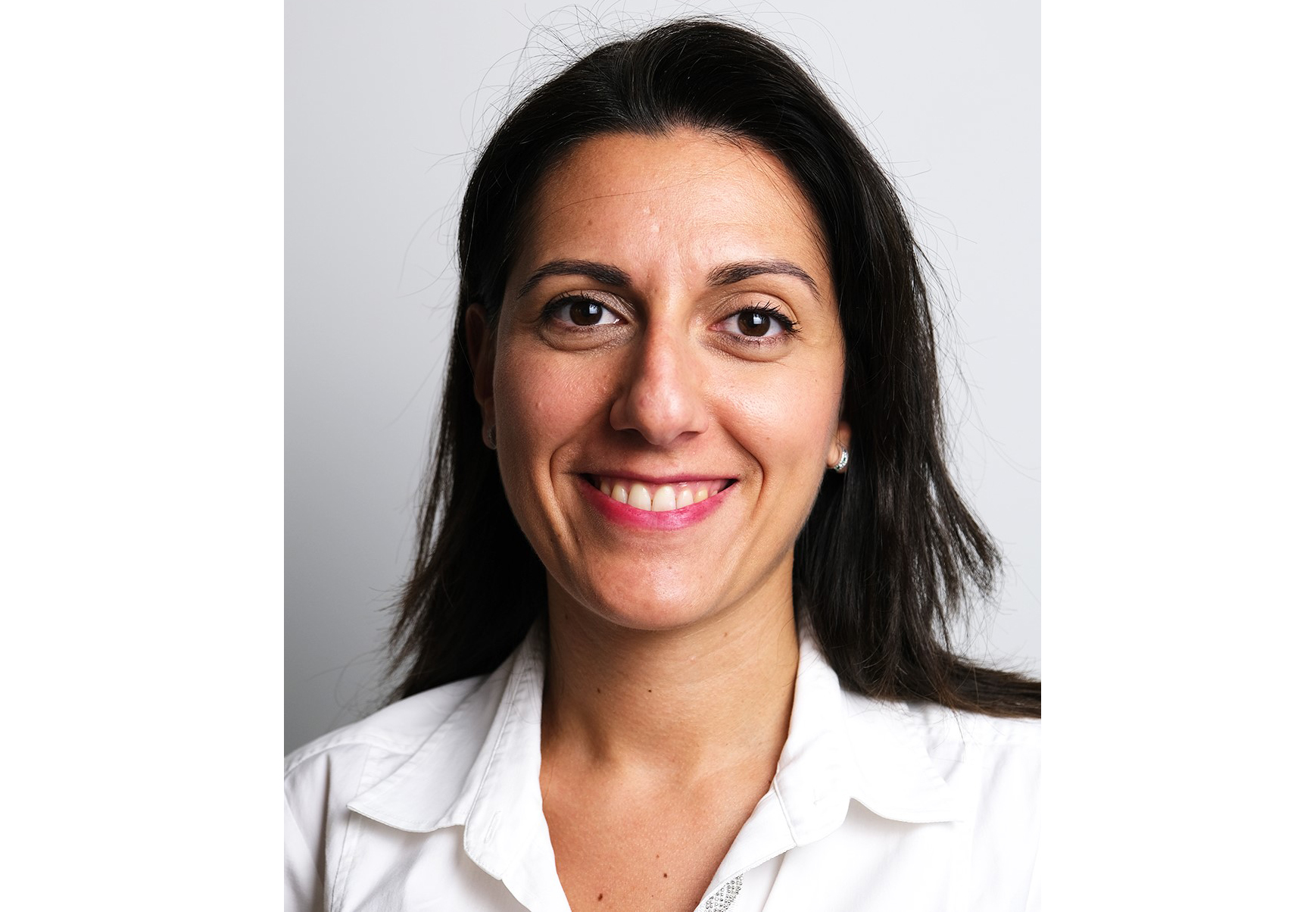
Federica Ferraro is a postdoctoral researcher at the Institute for Simulation of reactive Thermo-Fluid Systems (STFS) of the Technical University of Darmstadt. She graduated with a degree in aerospace engineering in 2011 from the University of Rome “La Sapienza”. Thereafter, she moved to Munich where she got her Ph.D. at the University of the Bundeswehr with her work on “Hybrid LES/conditional RANS-PDF approach for turbulent non-premixed combustion”. Her current research at STFS focuses on numerical modeling and simulations of reacting flows for sustainable combustion.
What is your motivation for pursuing research in this area?
Combustion is a very fascinating field for many reasons. If we think about mankind’s development, combustion is involved in the milestones of technological revolutions starting from the fire discovery to the steam engine, internal combustion engine, gas turbine, and so on. In the last 60 years, research in combustion field yielded significant improvements, especially in terms of efficiency as well as reduction of pollutant formation. On the other hand, we still have much more to learn and to improve in this field. We are facing a huge challenge, which is to limit the global temperature increase for slowing down climate change which leads to polar and glacier ice melting and desertification. Thus, it is imperative to reduce combustion emission and achieve neutral carbon combustion with the final aim to preserve life on the Earth. We need to focus our research efforts on a smooth transition to renewable energy sources, such as synthetic fuels and hydrogen, so that they can be efficiently employed in actual combustion devices.
What would you have done if you were not a researcher?
I would have liked to work in the aerospace sector in a company or in an international space agency. Aerospace engineering is my main interest and I cannot imagine myself committed to something else. I have chosen research as a life mission with the main goal to elaborate innovative ways to have effective combustion processes with a low environmental impact as much as possible.
Have you encountered any challenges in pursuing your research career?
Well, the major challenge has been leaving my country to pursue a scientific career. After graduation in 2011, I had to choose between a Ph.D. position in Italy or abroad. I decided to move to Germany because I thought international experience would be essential to become a good scientist. The possibility to create a network with other groups across Europe with the same research interest has been really helpful to generate good quality results and to improve the outcome of my projects. After many years in Germany, I know that it was the right choice. Someone would say it was a risky choice, but taking a chance is also a prerogative of doing research, isn’t it?
What do you do within the ESTiMatE project?
The ESTiMatE project deals with soot particle formation in aero-engines, which is one of the pollutants produced during the combustion of hydrocarbon fuels. At STFS (TU Darmstadt) we are developing advanced numerical models, the so-called Quadrature-based method of moments, for predicting soot formation. I am involved in numerical investigations of laminar and turbulent flames of kerosene surrogate at ambient and higher pressure to improve soot modeling under specific aero-engine conditions.
How do you like it so far?
I share the aims of the project and I really enjoy the international cooperation between the partners. Currently, the pandemic has limited our personal interactions, but we are doing the best to keep our cooperation active and productive.
Do you have any advice for young researchers who would like to follow in your footsteps?
Being a researcher is not only working on a specific task or in a specific field. It is also part of a path of personal growth that takes shape through a continuous enrichment process. Working in an international environment, with scientists focusing on experimental and numerical aspects is fundamental for a deep and broad understanding of the physical phenomena we investigate. Then, my personal advice is to believe in yourself and work hard to follow your dreams, because your dreams are the only propellant of our passion and dedication.
